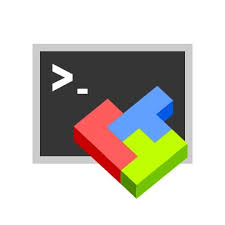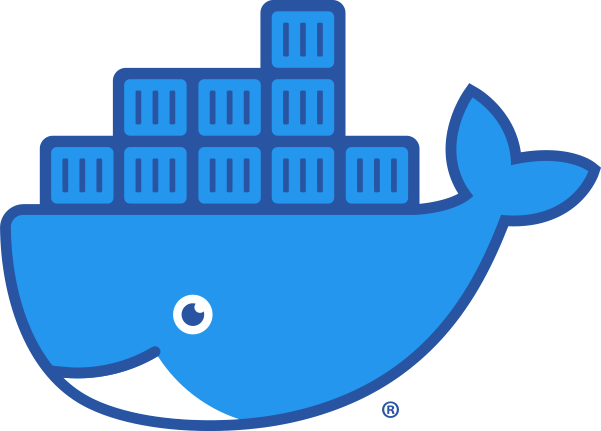Tools
GitHub
Matplotlib
Everyone has a preferred tool for creating plots using scientific data, from gnuplot to Excel. I use Python for all of my work, so I use something avaialable for it. Matplotlib is a powerful and versatile plotting library for Python. You can save the figures as PDF for inclusion in LaTeX-generated documents and SVG (depending on the complexity of the plot) for e.g. PowerPoint.
Python
For my PhD, I have used Python for almost everything, e.g. running simulations on SpiNNaker, playing around with Django and analysing simulation results. I will list some of my favourite libraries here:
- Matplotlib - see above
- Numpy - vector and matrix operations using C and Fortran under the hood
- argparser - easily pass parameters into scripts with useful names
- brian2 - neural simulator, however I use it for the SI units
- scipy - all things statstics, plays well with numpy
- sklearn - all things learning, I use it for statstics
- Jupyter - notebooks are useful for code with interspersed markdown. Sometimes useful when developping plots.

Mendeley
Mendeley is a reference manager. I've been using it since I started my PhD and I currently have over 1100 entries in my library (almost 3 years later). Mendeley also offers a data storage and citation service - it's good science to provide code and data alongside publications.


MobaXterm and JuiceSSH
Who needs sleep when you could be connecting to your remote server and investigate your simulations? On Windows I use MobaXterm and on Android I use JuiceSSH.
Gource
For the fun of watching your progress on your own thesis, use Gource. It is run inside a git repository.

Docker
I've recently become much more concerned with replicability of results, as well as the rapid creation of environments in which to test software tool chains. Thus, I have begun experimenting with Docker containers. To begin with, I have made a few versions of SpiNNaker-related containers. These have various versions of the tools pre-installed in them. My Docker hub can be found here.